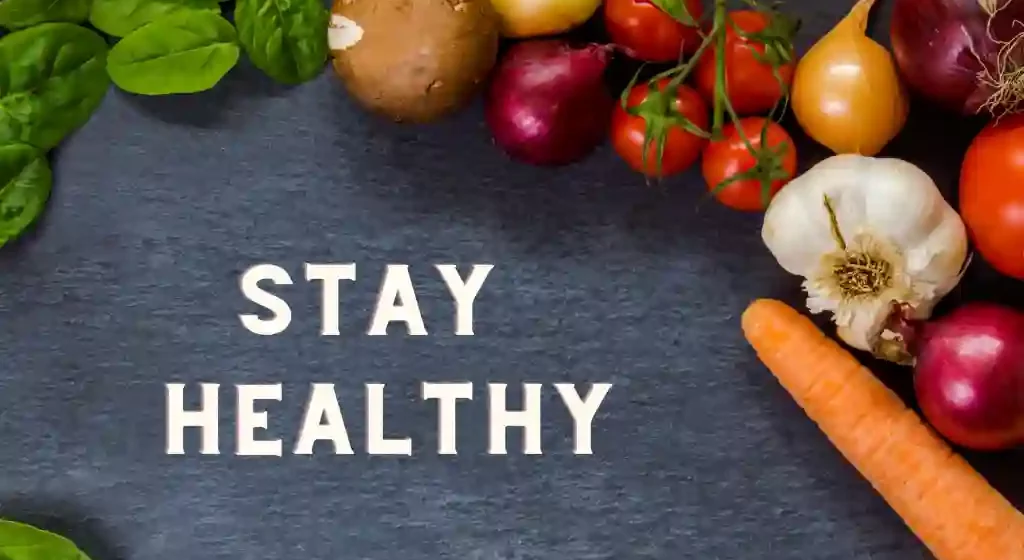Being physically active is one of the best things you can do for your health. The CDC recommends 150 minutes of moderate aerobic activity and strength training weekly, but even short bouts of exercise can help.
Making physical activity a regular part of your routine can make it easier to stick with. For example, you could jog while listening to your favorite podcast or walk to the grocery store instead of driving.
Exercise
It’s important to get plenty of exercise. It can help prevent some health problems, boost mood and energy, and keep your weight under control.
You don’t need to spend hours in a gym or sweat buckets for the benefits of exercise – a small amount of regular physical activity is enough. It could be as simple as a brisk walk every day or as strenuous as a regular workout at the gym, but start slowly and work your way up.
Being physically active is important, no matter your age. In fact, it’s one of the best ways to ensure a good quality of life as you get older. It helps to reduce your risk of heart disease, high blood pressure and Type 2 diabetes, boosts your levels of “good” cholesterol and lowers unhealthy triglycerides. It also improves your mental health and decreases your risk of Alzheimer’s disease. And it’s never too late to start. Use these tools, videos and fact sheets to help you move your way.
Eat Right
It might sound flippant to say that you only get one body in your life, so it’s important to care for it. But caring for your body isn’t just about looking good — it’s about having the energy and health to pursue the goals you set for yourself in life.
Eating right is essential for your physical, mental and emotional well-being. It’s about eating nutritious, balanced meals that are low in sugar and fat. Eating a diet that includes lots of fruits, vegetables and whole grains is a great way to keep your body healthy.
Being physically active is also key to staying healthy. Aim for 30 minutes of moderate activity most days of the week. That might mean dancing while you listen to your favorite music, taking a leisurely walk with a friend or joining a class like chair exercise or water aerobics. Find tips and tools to help you make it easier to get more active.
Sleep Well
Your body needs to rest and recharge each day. A good night’s sleep helps you feel more energetic and can help your memory and thinking skills. It also allows your body to repair and fight illness. Try to go to bed at a regular time each night, and avoid waking up too early in the morning.
It may seem like common sense to do the right things for your body, but it’s hard to do at first. Just like training your moral compass, it will become easier to do the right thing for your body over time.
Taking care of your body will enable you to reach the goals you set for yourself and enjoy all that life has to offer. Imagine if you were too ill to climb the steps of Mayan ruins or snorkel with your future grandchildren. Keeping your body healthy is important for your mental, physical and emotional well-being. It’s your one and only body, after all!
Stay Hydrated
The human body is made up of about 60% water. The water we drink is important to regulate body temperature, keep joints lubricated, prevent infections and deliver nutrients to cells, says the Mayo Clinic Health System. Being well hydrated also improves sleep quality, cognition and mood.
The body loses water through sweating, urination and defecation throughout the day, so it’s important to continuously replenish fluids. It’s recommended that men drink at least 12 cups of water daily and women drink about nine cups. People who exercise frequently, live at high altitudes or are on medications, such as diuretics that cause urination, need more fluids than those without these factors.
Thirst isn’t the best indicator of hydration, as some people are dehydrated even when they feel thirsty. Plain tap water is best, but diluted fruit juices, low-sodium broth and herbal tea can be used to add extra fluids to your diet. Avoid caffeinated drinks as they can make you urinate more often and contribute to dehydration.



Leave a Reply